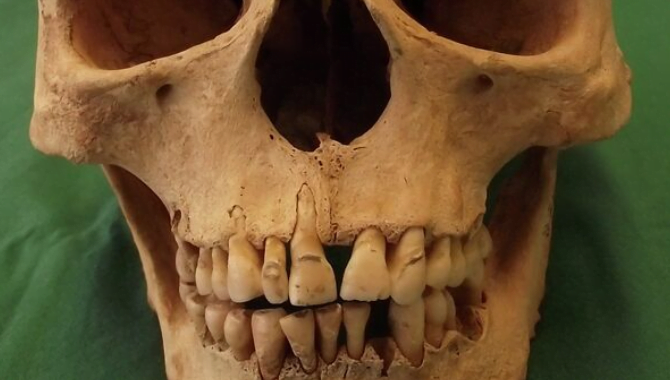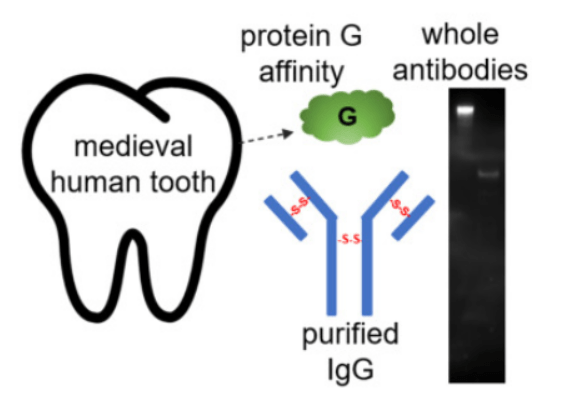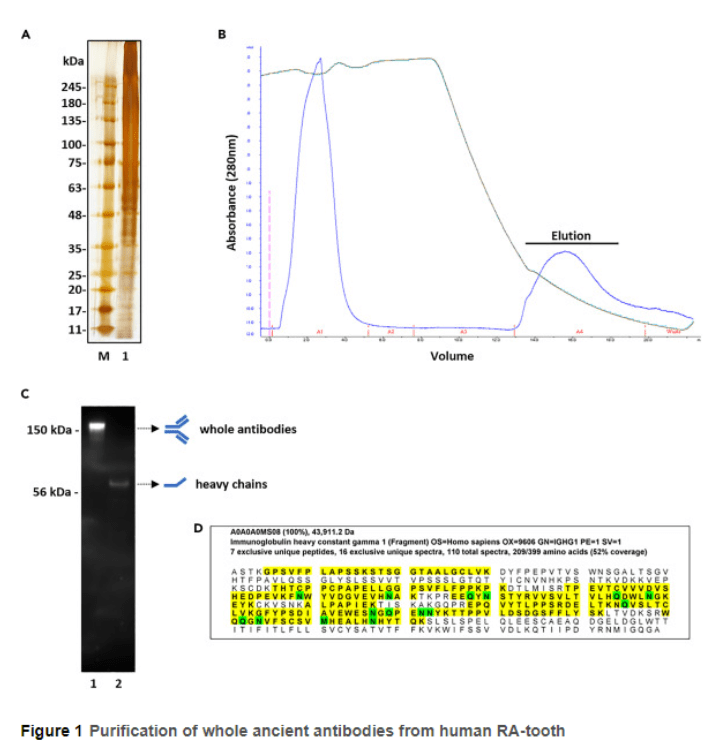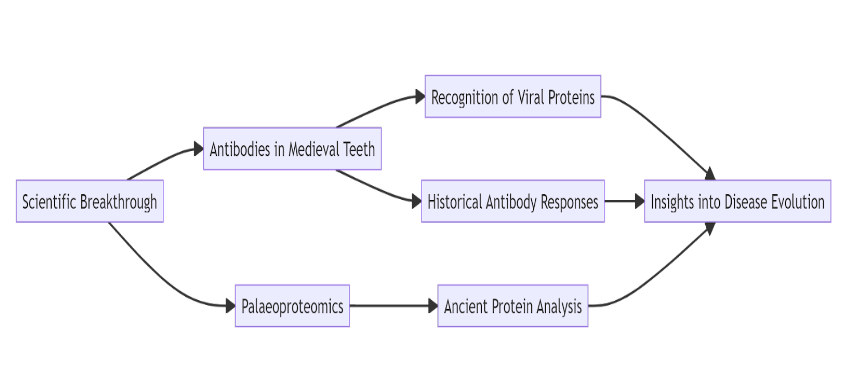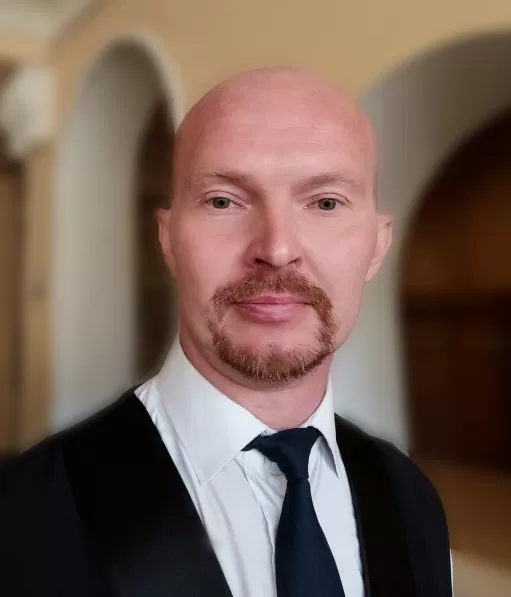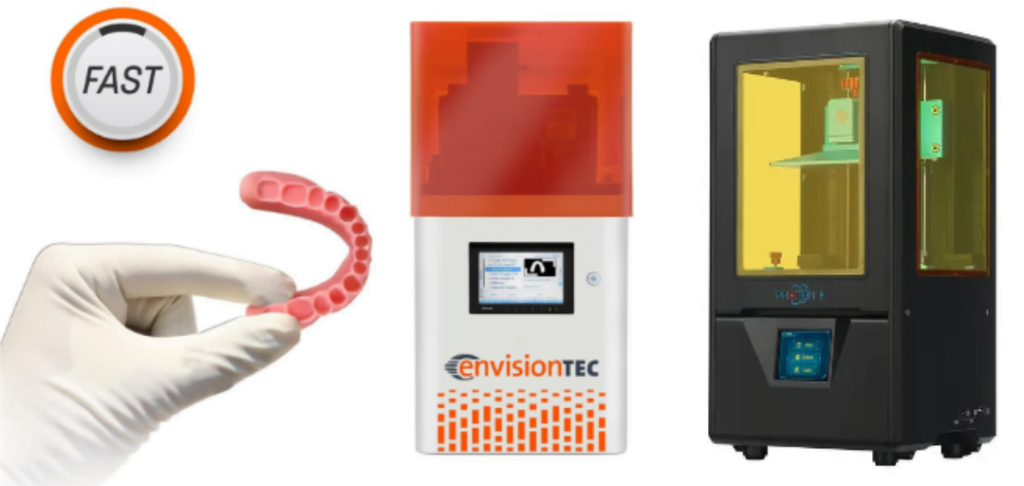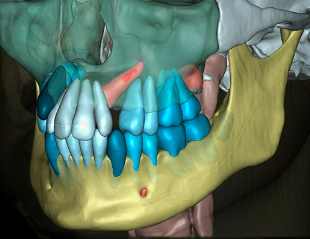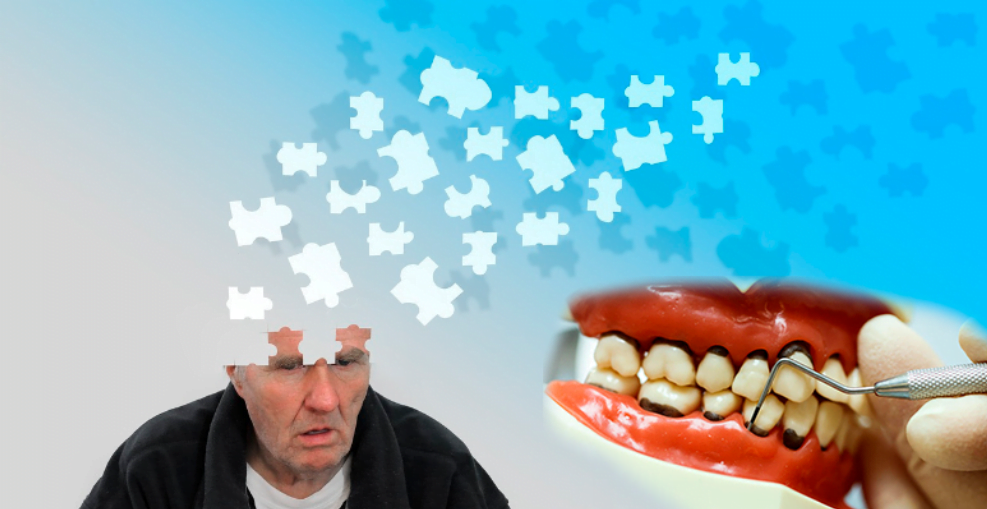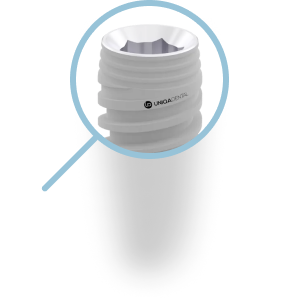Antibodies can persist in teeth for hundreds or even thousands of years: Why this is important, read a new study from the University of Nottingham
In the realm of scientific discovery, fascinating revelations often emerge from unexpected sources. A groundbreaking study recently published in iScience has illuminated a realm of research that extends back through centuries, harnessing the power of antibodies preserved within the enamel of medieval human teeth. This extraordinary breakthrough, led by Professor Robert Layfield and research technician Barry Shaw from the School of Life Sciences at the University of Nottingham, in collaboration with Professor Anisur Rahman and Dr. Thomas McDonnell from the Department of Medicine at University College London, unveils a treasure trove of insights into the historical development of human antibody responses.
Antibodies: The Sentinels of Immune Defense
Antibodies, those remarkable proteins meticulously crafted by our immune system, play a pivotal role in the body’s defense against infectious agents such as viruses and bacteria. These microscopic defenders serve as the immune system’s sentinels, swiftly recognizing and targeting invading microbes to facilitate their elimination from the body. The ability of antibodies to stand the test of time and retain their functionality within ancient remains is an astonishing revelation that promises to revolutionize our understanding of infectious diseases across history.
Delving into the Past: Palaeoproteomics
The scientific frontier of palaeoproteomics, which involves the analysis of ancient proteins, has unveiled a captivating avenue for researchers to peer into the annals of time. This innovative field transcends the constraints of millennia, allowing the retrieval and identification of proteins from historical specimens that have endured the ravages of time. Prior accomplishments in palaeoproteomics include the successful recovery and analysis of proteins from diverse sources, such as the dental enamel of an ancient rhinoceros dating back 1.7 million years and an ostrich eggshell aged over 6.5 million years.
Antibodies from the Past: A Remarkable Discovery
Amidst this captivating landscape, the study led by Professor Layfield and his esteemed colleagues brings to light an unprecedented revelation: antibodies extracted from 800-year-old medieval human teeth have stood the test of time, maintaining their structural integrity and the ability to recognize viral proteins. The potential of these preserved antibodies to offer insights into the evolution of human antibody responses throughout history is a testament to the power of scientific exploration.
Implications for Disease Research
Professor Anisur Rahman’s insights emphasize the groundbreaking nature of this discovery. Unlike structural proteins that have exhibited stability over time, antibodies present a unique opportunity for investigation. The ability of medieval antibodies to still recognize the Epstein-Barr virus, which causes glandular fever, opens a gateway to studying how ancient antibodies reacted to diseases that plagued earlier generations. This revelation opens up avenues to uncover the historical prevalence of diseases like the infamous Black Death and provides a glimpse into the dynamics of ancient immune responses.
Unlocking the Future of Research
The implications of this study are vast and profound. As the scientific community delves deeper into the world of ancient antibodies, new doors open for understanding the intricacies of our shared human history. The potential to unlock the mysteries of diseases that have shaped civilizations holds promise not only for medical research but also for gaining a richer understanding of our collective past. With the newfound ability to tap into the ancient immune system’s memory, researchers are poised to rewrite the narratives of infectious diseases and their impact on societies throughout time.
In conclusion, the study led by Professor Robert Layfield and his dedicated team has unearthed a treasure trove of insights by harnessing the power of ancient antibodies. The stability and functionality of antibodies extracted from medieval human teeth defy the conventional bounds of time, offering a gateway to understanding historical immune responses and the evolution of infectious diseases. This remarkable revelation not only enriches our understanding of human history but also paves the way for groundbreaking advancements in medical research. As the scientific community continues to delve into the depths of the past, we are poised on the brink of unlocking a wealth of knowledge that transcends time itself.
Sources
- Science Day “Teeth could preserve antibodies hundreds of years old, study finds” – August 16, 2023
- IScience “Preservation of whole antibodies within ancient teeth” august 09. 2023

